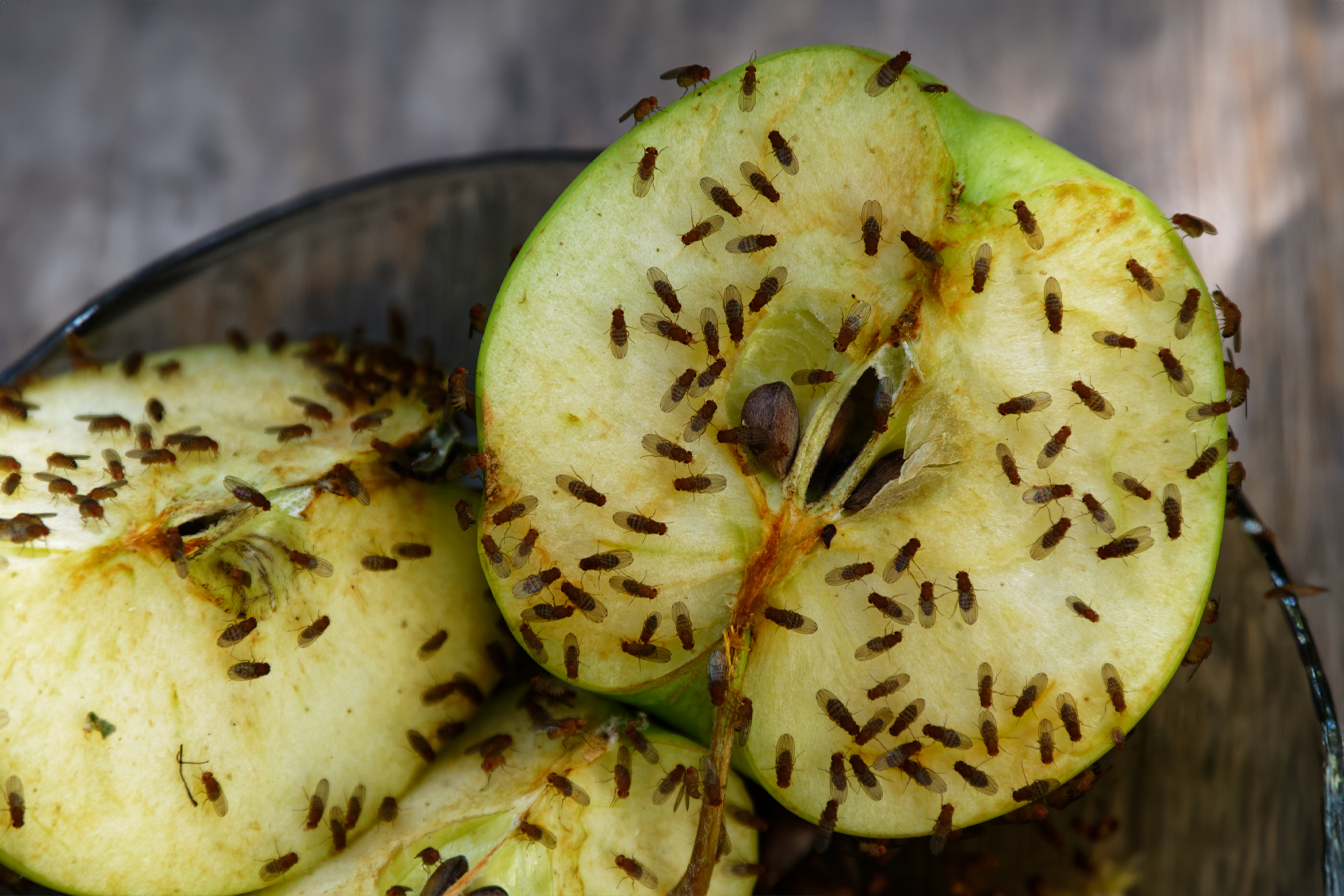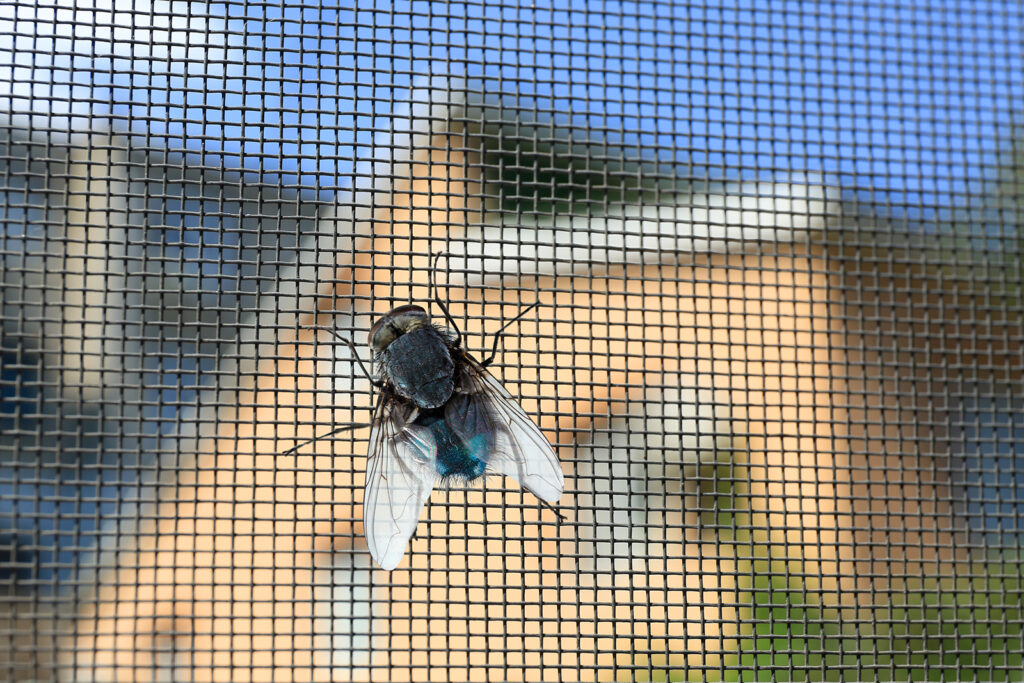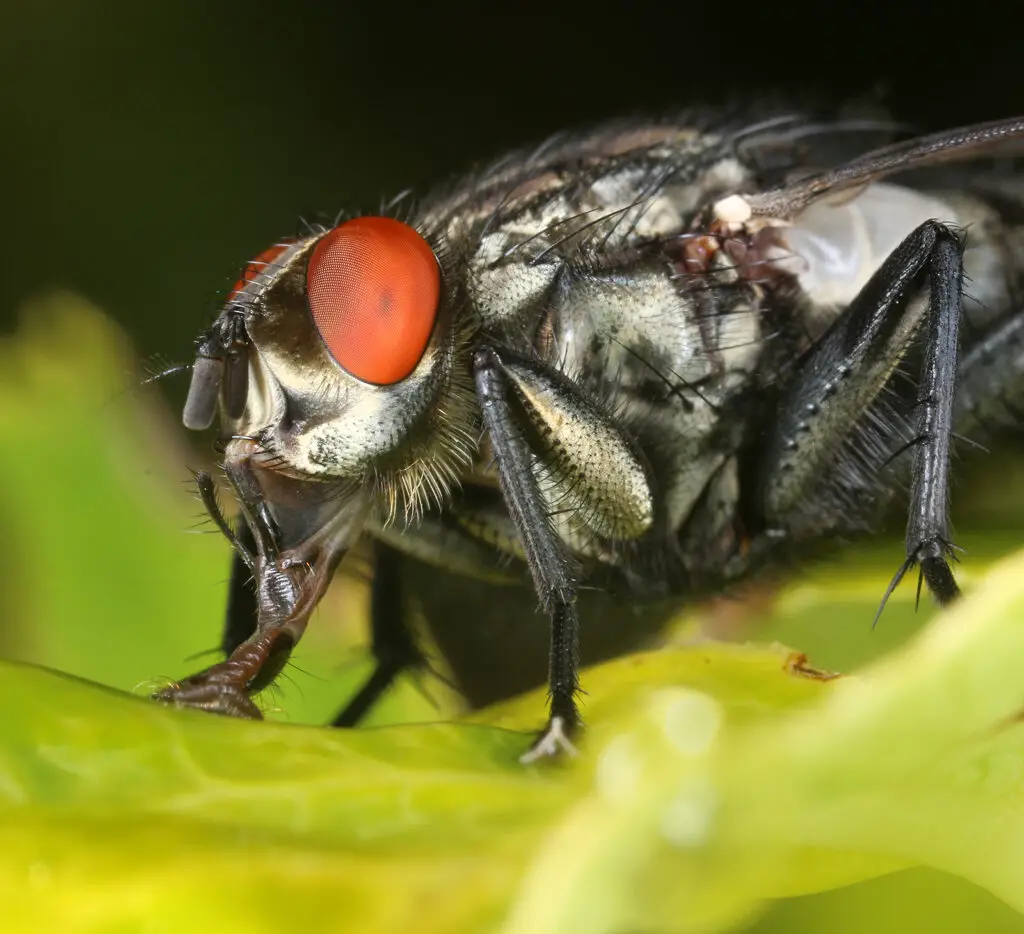
Discovering a fruit fly buzzing around your kitchen is a common annoyance, but you might be curious about how these persistent pests survive without access to food. Fruit flies are hardy little insects with a reputation for showing up uninvited to your fruit bowl and breeding at seemingly impossible rates. Understanding their survivability without food could give you insights into managing them in your household.
If you’ve wondered how long fruit flies can last on an empty stomach, it’s fascinating to learn that these insects are quite resilient, even when food sources are scarce. They’re able to go for considerable periods without a meal, but like all living creatures, they do have their limits. While fruit flies prefer to feed on ripe or fermenting fruit, they can switch to other food sources, which can affect how long they can go unfed.
The typical lifespan of a fruit fly can be up to 40-50 days in ideal conditions, and within this time, they are opportunistic in finding sustenance. The absence of food will undoubtedly shorten their life expectancy, but they have survival mechanisms that can keep them lingering around your home longer than you might expect. Managing these insects involves more than just understanding their tolerance to hunger; it also includes knowing what attracts them and how they reproduce.
Fruit Fly Diet and Nutritional Needs
Before diving into what fruit flies require for nourishment, it’s important for you to know that these tiny organisms have specific dietary needs. Your understanding of these needs plays a crucial role in both research settings and controlling fruit flies in domestic environments.
Essential Nutrients for Fruit Flies
Fruit flies, particularly the widely-studied Drosophila melanogaster, need a blend of proteins, carbohydrates, and fats, along with various vitamins and minerals to thrive. In a lab setting, they are often fed a simple diet consisting of yeast for proteins, sugar for energy, and additional components to cover their other nutritional needs. Here’s a straightforward breakdown:
- Proteins: Essential for growth and development, usually derived from yeast sources.
- Carbohydrates: Sugar is a primary energy source that fuels their activity.
- Fats: Necessary in smaller quantities, fats are vital for energy storage and cellular structure.
- Vitamins: They need a variety of vitamins, especially B vitamins, for various metabolic processes.
- Minerals: Elements like calcium and phosphorus are crucial for proper physiological functions.
For fruit flies in your home, they are not picky eaters and will often go after ripened or fermenting fruits and vegetables as these items provide the necessary nutrients. Researchers have discovered that fruit flies with access to a diet of brewer’s yeast and sugar mixed together, or a diet allowing a choice between these two nutrients separately, have differences in lifespan, showing how critical the balance of nutrients is for their survival.
Remember, the balance of these nutrients affects not just survival but also the health and reproduction of fruit flies. Whether you’re managing a research project or trying to keep fruit flies at bay, understanding their dietary preferences can be the key to success.
Effects of Starvation on Fruit Flies
When fruit flies are unable to access food, it significantly affects their physical condition, reproductive capacity, and behavior.
Physical Impact
Starvation can dramatically decrease the body weight of fruit flies and deteriorate their physical health. Without food, fruit flies deplete their energy reserves, leading to a weakened state that can make them more susceptible to environmental stresses.
Reproduction and Lifespan
Lifespan is closely linked to nutrition; fruit flies without food will often see a reduced lifespan. Additionally, the ability to reproduce diminishes, as females need a diet rich in sugars to develop eggs. Therefore, the absence of food leads to fewer offspring.
Behavioral Changes
The lack of food can trigger notable behavioral changes in fruit flies. They may become more aggressive in their search for sustenance, or conversely, become lethargic when their energy levels diminish. Fruit flies are known to increase their locomotor activity when hungry as they intensify their search for food.
Scientific Studies on Fruit Fly Starvation
Recent research has shed light on how dietary selections can affect the longevity of fruit flies. A study featured on ScienceDaily noted that when fruit flies are given a range of food choices, it can lead to changes in their brain’s chemical messaging. This alteration impacts metabolism and could shorten their lifespan.
- Lifespan Link: Dietary choices tied to lifespan changes.
How dietary choice influences lifespan in fruit flies.
Changes in metabolism are vital at different life stages for fruit flies. As they transition from larvae to pupae, there’s a significant shift in how they store and use nutrients.
- Metabolism during Development: Metabolic shifts according to life stage.
Changes in nutrient storage and metabolism help fruit flies reach maturity.
Another aspect to consider is the fruit fly’s resilience under extreme conditions. For instance, fruit flies can achieve long-distance flights on low energy reserves, demonstrating their extraordinary endurance.
- Endurance Capabilities: Long flights on low fuel.
Hungry fruit flies are extreme ultramarathon fliers.
By examining the fruit fly’s physiological responses to food scarcity, you can gain insights into the intricate balance of their survival mechanisms and how they manage to thrive even when food sources are limited.
Prevention and Minimizing Fruit Fly Starvation
Managing fruit fly populations by preventing starvation requires maintaining a clean environment where their food sources are limited. By doing so, you decrease the chance that fruit flies can thrive in your space.
Regular Cleanliness: Keep your kitchen counters, sinks, and dining areas free from food residues. Wipe down surfaces after meal preparation and eating. Fruit flies are attracted to sweet and fermented substances, so quick clean up is essential.
- Store Produce Properly: Place perishable fruits in the refrigerator and dispose of overripe fruits promptly. Using fruit fly repellent plants like lavender or basil can also help deter them.
- Secure Garbage Bins: Make sure your bins have tight-fitting lids and are emptied regularly. Fruit flies can breed in trash cans if they have access to food particles.
- DIY Traps: Create simple traps using containers with small holes and bait like vinegar or wine to trap and remove existing fruit flies. Methods for making your own traps are available at Better Homes and Gardens.
Inspect Groceries: When you bring new produce into your home, inspect it for signs of fruit flies and use appropriately. Rinsing fruits and vegetables can remove potential fruit fly eggs.
By being proactive and setting up a routine to deal with these pests, you’ll find that managing and minimizing fruit fly populations is an achievable goal. Remember, the key is to remove or secure potential food sources, thus preventing starvation and breeding of fruit flies in your home.
Frequently Asked Questions
In this section, you’ll find concise answers to common queries about fruit flies, from eliminating them to understanding their feeding and breeding habits.
What are some effective methods to eliminate fruit flies?
You can tackle fruit fly infestations by setting up vinegar traps or using specific fruit fly traps designed to lure and capture these pests. Cleaning up any potential food and breeding sources is also essential.
How long is the typical lifespan of a fruit fly indoors?
Inside homes, fruit flies can live approximately 14 to 30 days, depending on the availability of food and environmental conditions.
What do fruit flies typically eat?
Fruit flies are attracted to ripe, fermenting fruits and vegetables but will also eat other sugary substances or moist organic material.
Where is the common breeding ground for fruit flies?
These insects often breed in moist areas where rotting fruits and vegetables are present, or in drains, trash bins, and mop buckets — anywhere they can find decaying matter to lay their eggs.
How frequently do fruit flies need to feed to survive?
Fruit flies must feed regularly to survive; they start to perish after 4 to 5 days without food.
How quickly can a fruit fly infestation grow based on their egg-laying rate?
A single female fruit fly can lay about 500 eggs, and these can hatch within 24-30 hours, which means a fruit fly infestation can escalate quite rapidly if conditions are favorable.
Driven by a passion for those tiny creatures that rule our world, we at Bug Domain strive to be your go-to resource for information on insects.



